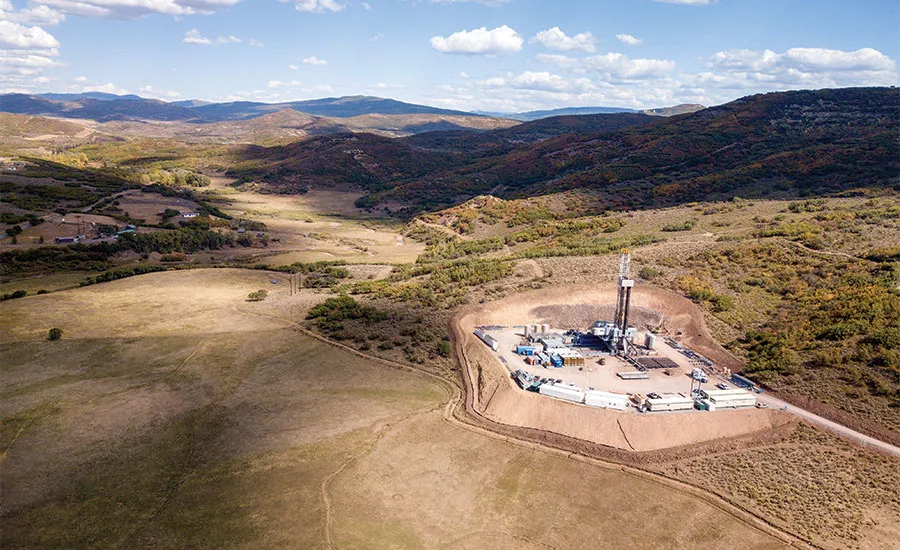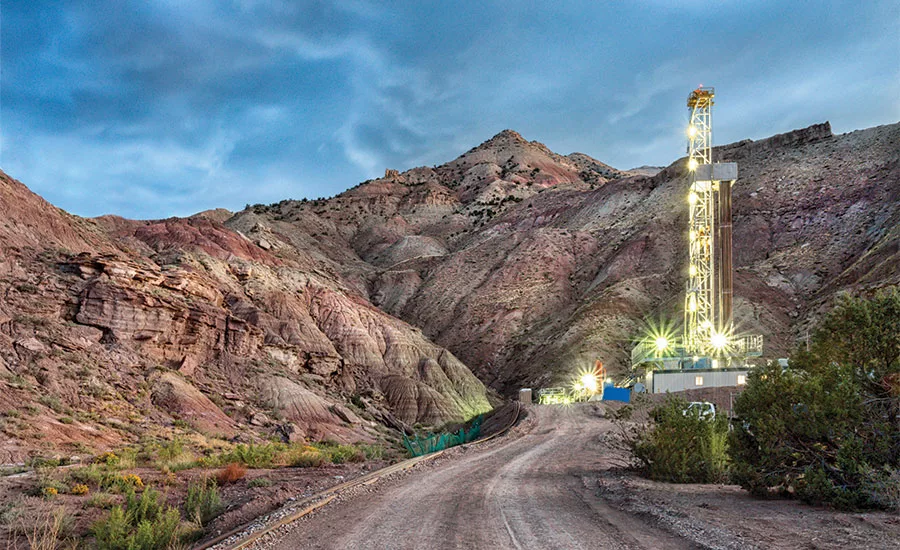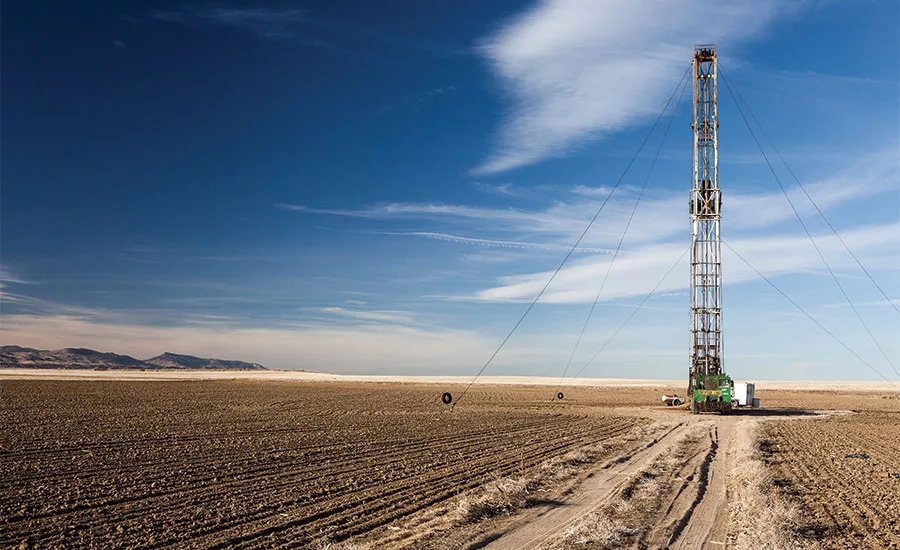What Do Proposed EPA Methane Rules Mean for Drilling?

A fracking rig works a Rocky Mountain site in Colorado. The state has required green completions for years.

Industry groups argue that controls for VOCs also control methane, rendering the 2016 methane rules redundant.

One argument for rescinding existing rules is that compliance costs fall more heavily on smaller companies.
In late August, the Environmental Protection Agency (EPA) proposed updates to current national standards for the oil and gas industry. The new rules, if they become policy, would no longer require gas drillers, producers and transporters to maintain methane emissions control systems.
“The Trump Administration recognizes that methane is valuable, and the industry has an incentive to minimize leaks and maximize its use,” said EPA Administrator Andrew Wheeler. “Since 1990, natural gas production in the United States has almost doubled while methane emissions across the natural gas industry have fallen by nearly 15 percent. Our regulations should not stifle this innovation and progress.”
The EPA says the change would save the industry $17-19 million per year.
The United States is now the world’s leader in producing natural gas, which is mostly methane. Besides natural gas production and transportation, the largest sources of methane are livestock, landfills, bogs and biomass, and mining. Methane acts as a potent greenhouse gas. It doesn’t stay in the atmosphere as long as better known greenhouse gases like carbon dioxide, but it has a much bigger impact. Methane absorbs a lot more energy than CO2. In the atmosphere, it acts as a blanket trapping heat.
According to the EPA, production accounts for 37 percent of the unwanted methane emissions from the gas industry as a whole. Producers have worked to capture emissions from drilling, fracking and workover, turning a regulatory burden into an asset. For example, reduced emissions completions (RECs, or “green” completions) trap and separate much of the gas that otherwise would get vented or flared. Renting or buying the two-phase completion flowback equipment to do green completions costs money, but the expense is somewhat offset by sales of gas captured. Green completion methods can capture an estimated 90 percent of fugitive methane emitted during completion.
Larger players in the oil and gas space had embraced current recapture regulations. BP, Shell, Exxon Mobil and several other international companies have argued that recapture rules made sense due to increased inventory.
Changes Urged
Smaller producers and trade groups representing broad swaths of the industry disagreed.
“IPAA endorses the change because it would be far more cost effective with regard to the breadth of emissions sources,” said Lee Fuller, executive vice president of the Independent Petroleum Association of America (IPAA). “American producers are committed to managing their greenhouse gas emissions and continue to invest in the development of new technologies to mitigate and reduce emissions. These actions have and will continue to reduce methane emissions from natural gas and oil production operations.”
“We welcome smart regulations that protect public health and the environment, and provide the flexibility to develop and deliver affordable and reliable American energy,” said Erik Milito, vice president of upstream and industry operations for the American Petroleum Institute (API).
The EPA’s main proposed change would end emissions limits for methane for producers and processors. The update would keep emissions limits on volatile organic compounds (VOCs). The argument for the change is that the controls to reduce VOCs during, for example, well completions, also reduce methane, making the current rules introduced in 2016 redundant.
The IPAA and API both support volatile organic compound-based programs for cutting emissions and driving industry innovation to address the issue.
In a release, the IPAA said the 2016 methane rules were also an economic challenge for about three-quarters of the one million oil and gas wells in the United States — wells that produce little gas individually. Low commodity prices mean thin margins for these wells, and extra regulation adds costs.
“It’s clear that community leaders and businesses are counting on us to enact reasonable, responsible rules that protect the health of the community and encourage economic growth,” said EPA Deputy Regional Administrator David Gray, announcing the new proposed rules in Lubbock, Texas. “This proposed action will ensure that communities where oil and gas activities take place, here and across the nation, will continue to thrive.”
Arguments for the Status Quo
Major oil and gas companies and others that support the current rules argue on two fronts. First, many operators have already invested in emissions capture technologies. Taking away the regulatory need for those technologies does not save money already spent. Second, deregulating the methane issue at the national level opens it up to state-by-state regulation. In that case, a state like Colorado with particularly aggressive regulations could end up setting a more stringent de facto national standard.
There’s also the environmental factor. Human activity, from fracking to farming, causes about 60 percent of the planet’s total methane emissions. About a third of that, or about 20 percent of the planet’s total emissions, comes from the fossil fuel industry — everything from coal mining and transport to well development to pipelines. Even if drilling activities amount to a small percentage of overall emissions worldwide, supporters of the current rules would say $17-19 million spread across the whole industry is a small price to pay. The industry can sacrifice a little to do its part in reducing emissions (and make money in the process with captured gas), while at the same time making jobsites safer.
The new proposal gives the oil and gas industry a lot to think about. Smaller companies — the mom and pop shops — have suffered as high production has weighed on prices. Compliance with 2016 rules can cut their margins to the bone. The larger multi-state and multi-national companies shrug and add a line to the expense report they can spread out across a growing number of wells. They prefer consistent regulation wherever they operate.
In announcing the change, the EPA said it would take comment on the proposal for 60 days after publishing it in the federal register. At press time, the comment period had not yet started.
Find Out More
For more information, including the latest from the EPA on the proposal process, visit www.epa.gov/controlling-air-pollution-oil-and-natural-gas-industry.
Looking for a reprint of this article?
From high-res PDFs to custom plaques, order your copy today!



